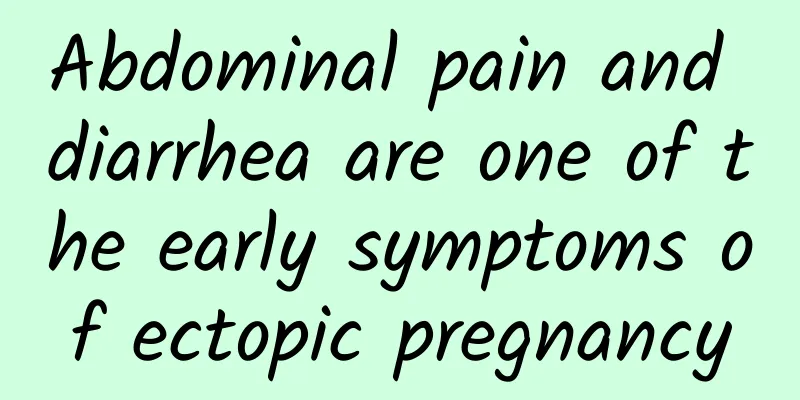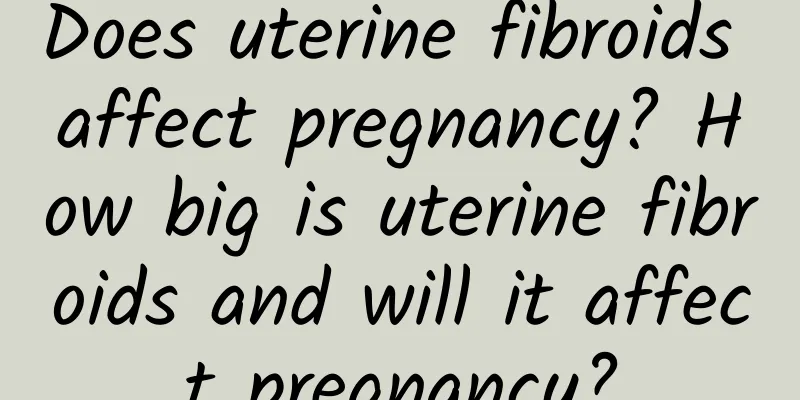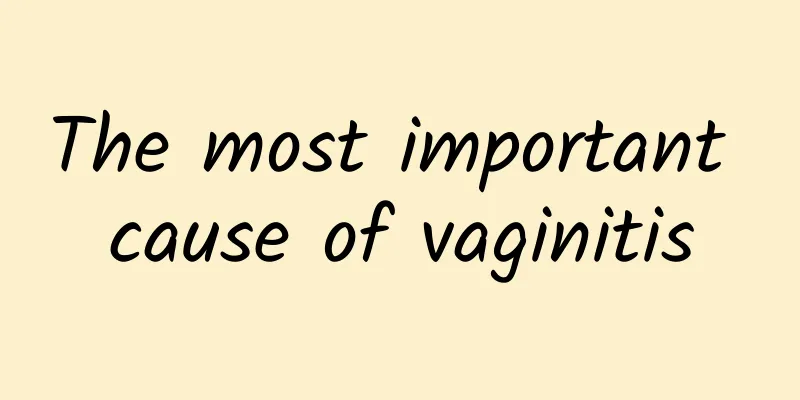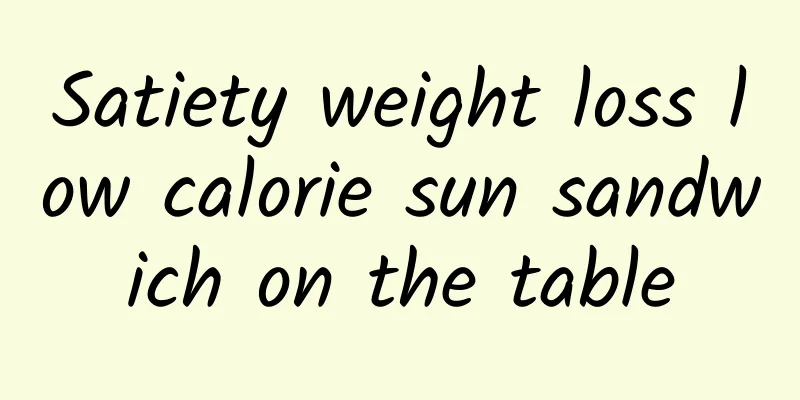The brain's prospective memory is to blame for diet failure

|
Delicious food is the most difficult temptation to resist. We often consume excess calories without paying attention. In order to maintain a good body shape, many people force themselves to abstain from food. But why is it that some people can choose not to eat, while others always find it difficult to resist delicious food? In fact, it’s not all a matter of weak willpower. British research points out that poor prospective memory and weak executive function in the brain can affect the effectiveness of dieting. People with weak prospective memory find it difficult to resist delicious food, and dieting becomes more difficult for them. (Photo/Taken from the British Daily Mail) Executive function refers to the ability to smoothly execute what you have scheduled to do. Before that, you should put a certain future to-do item in your brain, which is prospective memory. According to the British Daily Mail, people with poor executive function also have relatively insufficient prospective memory. Therefore, in daily life, they often forget to lock the door when they go out, forget to make appointments with friends, and find it difficult to complete planned tasks within the deadline. If we analyze dieting behavior, we will find that this type of people often forget that they are "dieting". Julia Allan, a British health psychologist, said that a series of studies at Aberdeen University confirmed that the brain's executive function has a great influence on diet control. The dieters in the study listed their three-day food lists and found that those with poorer prospective memory and executive function ate more sugar and snacks and less fruits and vegetables. This shows that for people who are also dieting, the strength of the executive function reflected by the brain's memory will affect their dieting behavior. In another dietary study using mice as experimental subjects, just three consecutive days of feeding the mice a high-fat diet were enough to change the parts of the brain that control food portion size and calorie burning, which can lead to excessive calorie intake and obesity in the long term. Professor Julia finally emphasized that many different psychological and physiological factors will affect the effectiveness of dieting. At present, we need to find better ways to help people with poor prospective memory control their diet in order to successfully achieve the effect of dieting. |
<<: Jiang Shoushan's patented fresh-keeping vegetables are inspected before being sold
Recommend
What is the etiology and pathogenesis of vulvar leukoplakia
Vulvar leukoplakia is a skin disease characterize...
What are the treatments for cervicitis?
Cervicitis is one of the common gynecological dis...
Do endometrial polyps bleed?
It is generally difficult to accurately determine...
Cost of treatment for habitual miscarriage
Abortion is not scary. What is scary is a mentali...
Hyperprolactinemia CT cost
Nowadays, many female friends are troubled by hyp...
What ointment can be used to relieve itching of gynecological vulvar leukoplakia? What medicine can be used to relieve itching of gynecological vulvar leukoplakia?
Gynecological vulvar leukoplakia is a common gyne...
Will chronic cervicitis in women affect pregnancy? Introduction to common knowledge about chronic cervicitis in women
Chronic cervicitis will have a certain impact on ...
How much does it cost to treat Bartholinitis?
We usually cannot feel Bartholinitis, and it can ...
Uncover the secrets of what causes pelvic inflammatory disease in women
When the female internal reproductive organs and ...
Comparison of medical and painless abortion methods
Do you know about medication and painless abortio...
Analysis of how important uterine fibroid treatment is to women
The occurrence of uterine fibroids has a great im...
How much does visual painless abortion cost?
With the development of modern medical technology...
Analysis of the two main causes of irregular menstruation
Menstrual irregularity refers to various abnormal...
The more times the better? Debunking 3 Myths About Strength Training
If you want to have firm and perfect ideal curves...
Waistline enlargement may be a sign of uterine fibroids. How can middle-aged women self-check uterine fibroids?
Is an increased waistline a sign of uterine fibro...









